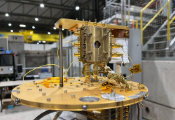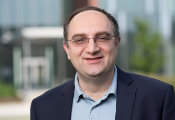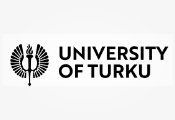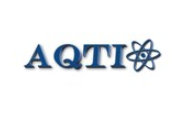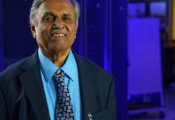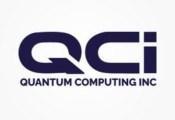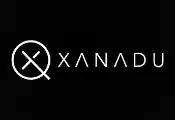NXP, eleQtron and ParityQC reveal Quantum Computing Demonstrator for DLR QCI
Hamburg, Germany, May 30, 2024 – NXP Semiconductors N.V. , eleQtron and ParityQC, working together in the QSea consortium of the DLR Quantum Computing Initiative (DLR QCI), today revealed the first full-stack, ion-trap based quantum computer demonstrator made entirely in Germany. It will enable early access to real quantum computing resources and thus help companies and research teams leverage the advantages of quantum computing in applications such as climate modeling, global logistics and materials sciences. The new quantum computer demonstrator is located in Hamburg, further strengthening the city’s role as an important technology and research location in Germany.
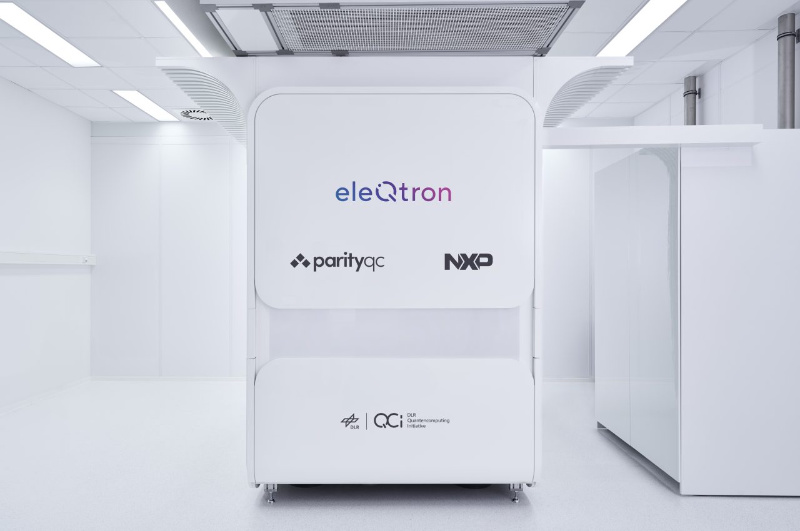
A broader understanding of the capabilities of quantum computing is required for this technology to be effective in solving complex challenges. The DLR QCI aims to build the necessary skills by creating a quantum computing ecosystem in which economy, industry and science cooperate closely to fully leverage the potential of this groundbreaking technology.
Quantum computers, with their exceptional computing power, will tackle complex problems crucial for societal advancement, such as weather modeling, medication development, and logistics optimization, and are expected to change the cybersecurity landscape. Despite the rapid evolution of quantum computers over the past years, the path towards industrialization remains challenging, as the industry lacks respective competencies.
NXP, eleQtron and ParityQC bring together leading knowledge of quantum computing, software and long-standing industry expertise to develop and build the first ion-trap based quantum computer demonstrator made entirely in Germany. It combines eleQtron’s MAGIC hardware, ParityQC architecture and NXP’s chip design and technology, and is complemented by a digital twin. This will allow for rapid innovation, design decisions and implementation, as the QSea I demonstrator will evolve to a
quantum computer including a modular architecture, scalable design and error correction capabilities. The forthcoming phase of the QSea project will therefore focus on making the quantum computer increasingly powerful and industry-ready.
The demonstrator is set up at the DLR QCI Innovation Center in Hamburg and will be made available to industry partners and DLR research teams by the DLR QCI. With this collaboration, the three partners and the DLR QCI aim to foster and strengthen the development of an advanced quantum computing ecosystem in Germany. This will also support the strategic efforts of Germany and the European Union to strengthen digital sovereignty in this critical technology area.

